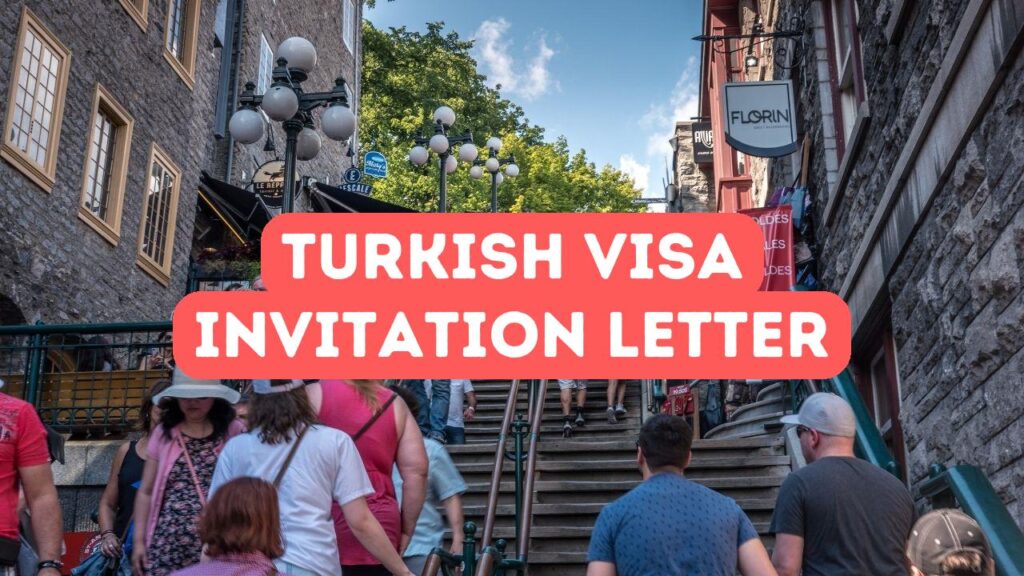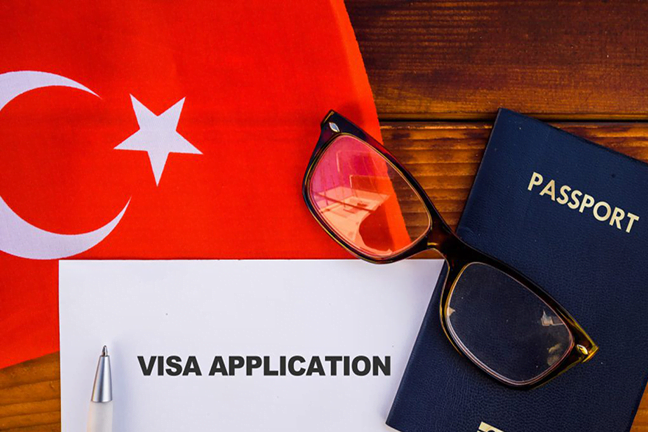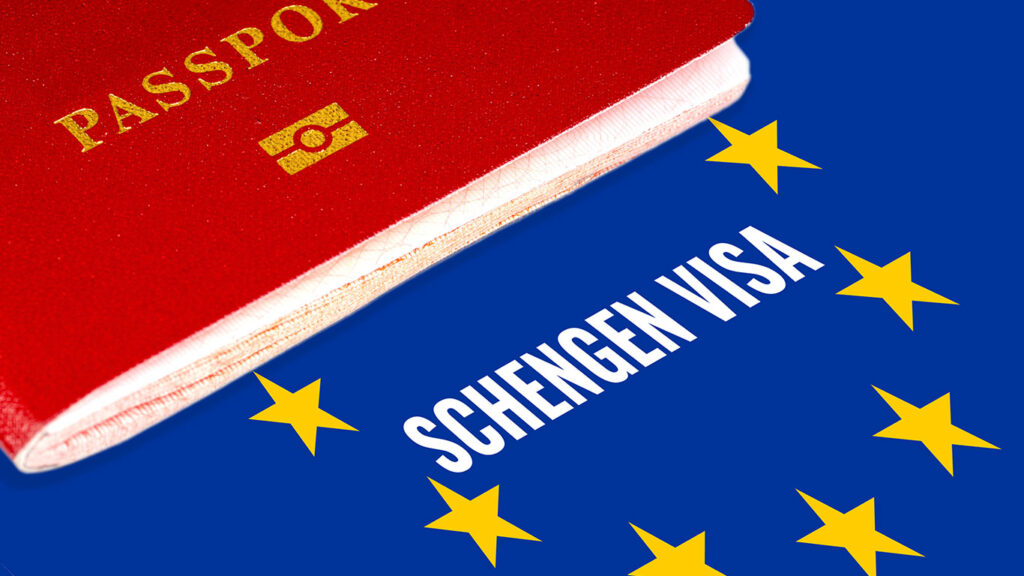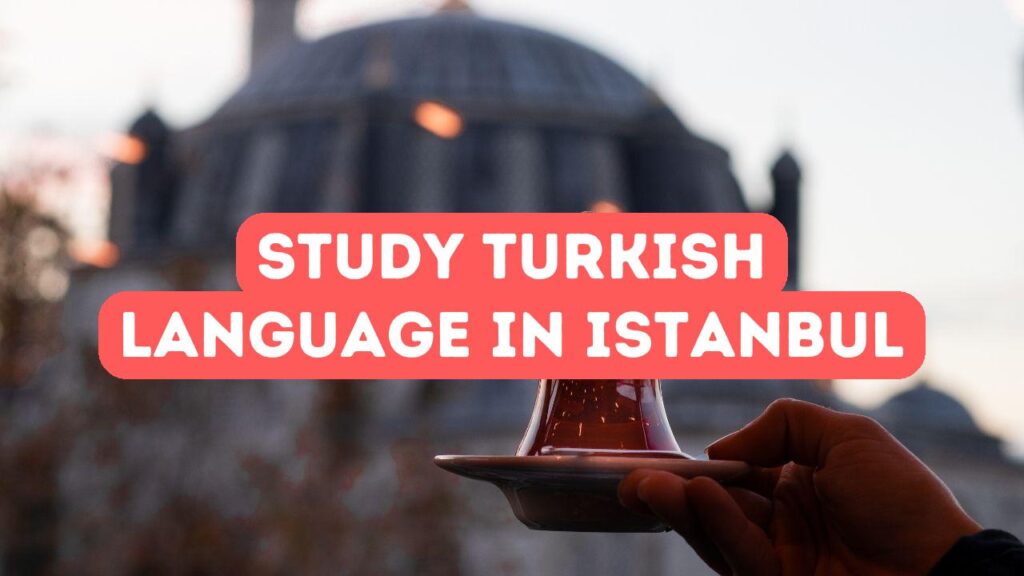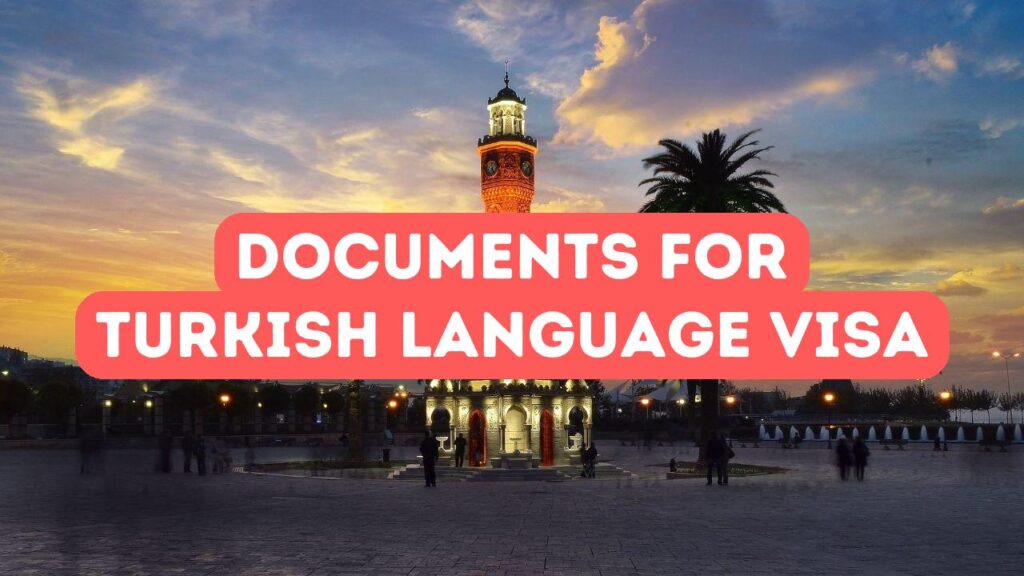Navigating the complexities of studying abroad often includes obtaining a visa, and for prospective students aiming to study in Turkey, securing an invitation letter is a crucial step. At Campus Turquie, we understand that this preliminary document not only demands accuracy but also serves as a pivotal component in the application process. A well-prepared Turkish visa invitation letter can determine the success of your visa application, facilitating a smoother transition into your educational journey in Turkey. Whether you are enrolling for undergraduate, postgraduate, or specialized courses, this essential letter showcases the authenticity of your intent and the support from your chosen institution. In this blog post, we delve into the specifics of crafting a compelling Turkish visa invitation letter, offering insights that can significantly enhance your application experience.
Eligibility Criteria and Requirements
To initiate the process of obtaining a Turkish visa invitation letter, it is imperative to understand the eligibility criteria and requirements set forth by Turkish authorities. First and foremost, applicants must possess a valid acceptance letter from a recognized Turkish educational institution, which confirms their enrollment in a course of study. This letter must include details such as the course name, duration, and the institution’s official stamp and signature. Additionally, applicants should demonstrate sufficient financial means to support themselves during their stay in Turkey, which often involves presenting bank statements, scholarship documents, or sponsorship letters. Furthermore, applicants must ensure that they have a valid passport with at least six months of remaining validity from the date of entry into Turkey. Meeting these initial requirements paves the way for a smoother and more efficient visa application process.
Another crucial requirement for obtaining a Turkish visa invitation letter is the necessity for a health insurance policy that covers the entire duration of the intended stay in Turkey. The insurance must meet Turkish standards and provide comprehensive coverage for medical expenses, emergencies, and possible repatriation. Moreover, students are expected to submit a detailed study plan outlining their academic goals, the relevance of the chosen course to their future career, and how it aligns with their academic background. This personal statement should be compelling and well-articulated, as it demonstrates the student’s commitment and seriousness about their educational pursuits. Lastly, applicants must acquire a certificate of good conduct, often referred to as a police clearance certificate, from their home country. This document assures the Turkish authorities of the student’s clean legal record, thereby bolstering their visa application.
Beyond these requirements, it’s equally important to provide a detailed travel itinerary, including flight bookings and accommodation arrangements, to show your preparedness and intentional planning. If you are planning to reside in university dormitories, an official accommodation confirmation letter from the institution will suffice. Additionally, Turkish visa regulations may require proof of student status from your home country if you are currently enrolled there, demonstrating your active academic engagement. Some applicants might also need to furnish additional supporting documents based on their nationality and the specifics of their application. Therefore, staying informed about any country-specific requirements is crucial. Keeping all these documents organized and readily accessible will not only streamline the application process but also positively influence the likelihood of obtaining a visa, ensuring a seamless transition to your academic life in Turkey.
Step-by-Step Application Process
The first step in obtaining a Turkish visa invitation letter is to secure admission from a recognized Turkish educational institution. This involves submitting a complete application package, which typically includes academic transcripts, recommendation letters, a statement of purpose, and, in some cases, proof of language proficiency. Once you receive your official admission or offer letter, it will serve as the foundation of your visa invitation letter. Your chosen institution will draft the invitation, detailing your acceptance, the course you will study, the duration of your stay, and other pertinent information. Ensuring that all details are accurately represented in this letter is crucial, as any discrepancies may lead to delays or complications in your visa application process.
After receiving your offer letter, the next step involves collaborating with your institution’s international office or designated staff to finalize the invitation letter. It’s essential to provide them with all required personal information, such as your full name, passport number, and intended date of arrival in Turkey. This detailed coordination ensures that the letter is both accurate and comprehensive, reflecting not only your acceptance but also the specifics of your study program and housing arrangements if applicable. Additionally, make sure that the letter highlights the credibility and recognition of the educational institution, since these factors can significantly influence visa officers’ decisions. Once the invitation letter is prepared and reviewed, it will be sent to you along with other supporting documents required for your visa application.
The final step in the application process is to compile the Turkish visa invitation letter along with other essential documents required for your visa application and submit them to the nearest Turkish consulate or embassy. Depending on your nationality, additional documents such as proof of financial means, medical insurance, and a clean criminal record may be required. It’s important to follow the consulate’s specific guidelines and timelines meticulously. During the submission, the accuracy and completeness of your invitation letter and supplemental materials will be scrutinized, so it is crucial to ensure that no details are overlooked. Once submitted, the processing time may vary, so it’s advisable to apply well in advance of your intended travel date. Keeping track of your application status and being prepared to provide any further information promptly can help prevent unnecessary delays and ensure a smooth visa acquisition.
Common Mistakes to Avoid
One of the most common mistakes when preparing a Turkish visa invitation letter is providing incomplete or inaccurate information. This can include errors in personal details, such as misspelled names or incorrect passport numbers, which can lead to delays or even rejection of the visa application. Additionally, failing to include important details about the inviting institution or program, such as contact information or specific enrollment dates, can raise red flags during the review process. It is crucial to thoroughly check and verify all information before submission to ensure it aligns precisely with official records and requirements. Thoroughness and accuracy in every detail not only underline your genuine intent but also significantly boost the credibility of your application.
Another frequent error is neglecting to clearly outline the purpose and duration of your stay in Turkey. Vague or ambiguous statements about why you are visiting and how long you intend to stay can create unnecessary suspicion and complicate your visa approval process. Specificity is key; clearly stating the nature of your studies, the program you have enrolled in, and the exact dates of your course or semester will present a more transparent and convincing case. Moreover, including any evidence of financial stability, such as scholarship details or proof of sufficient funds, can further validate your application, demonstrating that you have the means to support yourself during your time in Turkey. Avoid any form of ambiguities and ensure all information is detailed and straightforward.
Another typical pitfall is overlooking the importance of proper formatting and language in the invitation letter. A letter riddled with grammatical errors, disorganized structure, or informal language can appear unprofessional and might not be taken seriously by visa officers. It is advisable to follow a formal letter format, using precise and professional language throughout. Make sure to address all required sections, such as the introduction, the main body detailing the purpose and specifics of your visit, and a concluding paragraph summarizing the support from your inviting institution. Finally, having the letter printed on official letterhead and signed by a designated authority from the inviting institution adds a layer of authenticity, reinforcing the credibility of your application. Ensuring the letter is well-crafted and professionally presented can significantly impact your visa approval odds.

